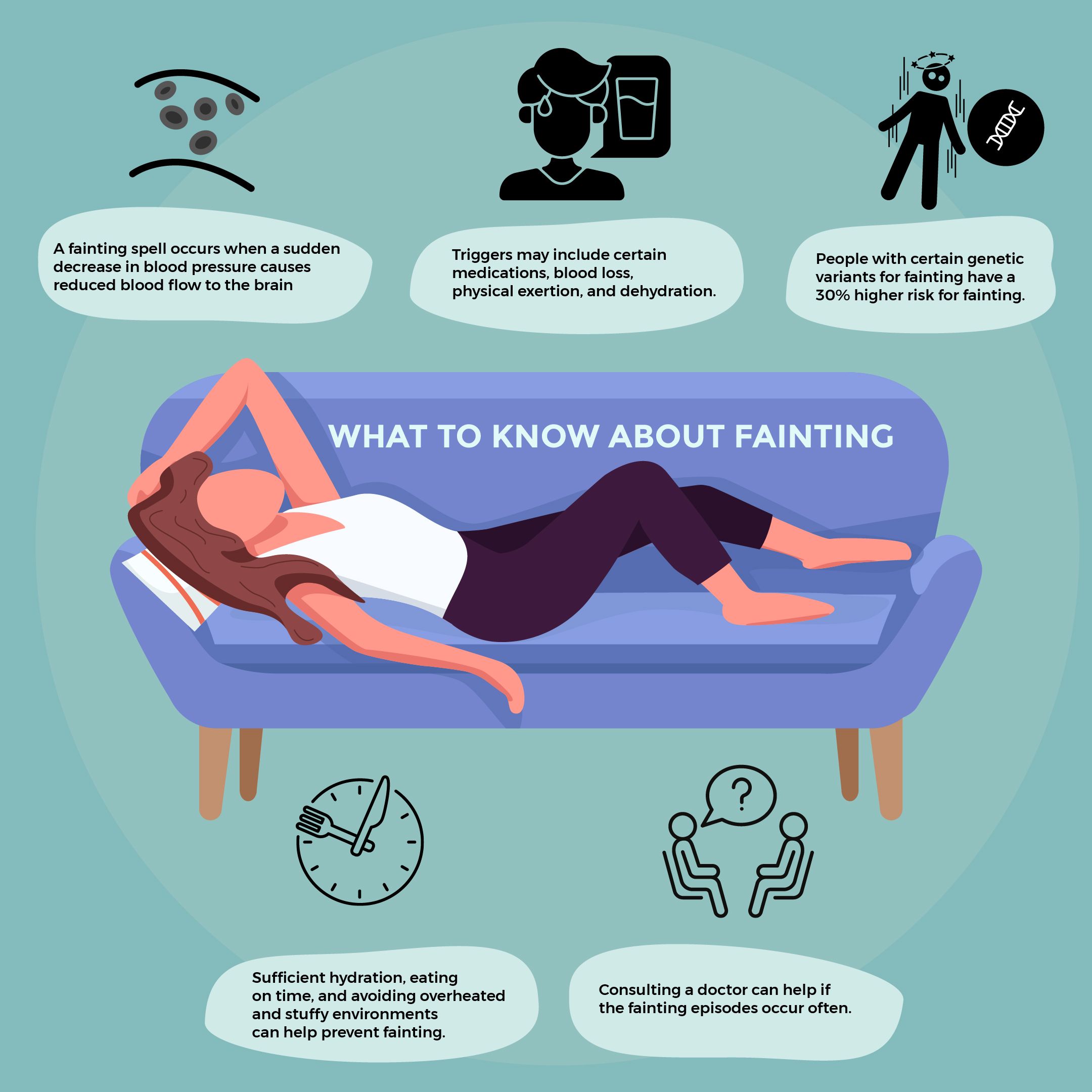The Human Paradox: Why Fainting Is Our Unique Trait
Related Articles: The Human Paradox: Why Fainting Is Our Unique Trait
Introduction
With enthusiasm, let’s navigate through the intriguing topic related to The Human Paradox: Why Fainting Is Our Unique Trait. Let’s weave interesting information and offer fresh perspectives to the readers.
Table of Content
The Human Paradox: Why Fainting Is Our Unique Trait

Fainting, a sudden and temporary loss of consciousness, is a phenomenon that humans share with few other species. While other animals may exhibit behaviors resembling fainting, the physiological mechanisms and the specific triggers that induce this state are largely unique to humans. This intriguing difference raises crucial questions about the evolutionary significance of fainting and its role in our survival.
Understanding the Physiology of Fainting
Fainting, medically termed syncope, is a complex physiological response triggered by a sudden decrease in blood flow to the brain. This reduction in blood supply, known as cerebral hypoperfusion, can be caused by a variety of factors, including:
- Vasovagal Syncope: This is the most common type of fainting, often triggered by emotional stress, pain, or prolonged standing. It involves a sudden drop in blood pressure due to the dilation of blood vessels, primarily in the legs. This dilation causes blood to pool in the lower extremities, reducing the amount of blood returning to the heart and ultimately leading to a decrease in blood flow to the brain.
- Orthostatic Hypotension: This type of fainting occurs when a person stands up too quickly, causing a sudden drop in blood pressure due to gravity pulling blood away from the head. This can be exacerbated by dehydration, certain medications, and underlying medical conditions.
- Cardiac Syncope: This type of fainting is caused by a problem with the heart’s ability to pump blood effectively. This can be due to conditions like arrhythmias, heart valve problems, or coronary artery disease.
Why Humans Faint: A Tale of Evolution and Social Complexity
The evolution of fainting in humans is a complex and multifaceted story. While its precise evolutionary origins remain unclear, several hypotheses attempt to explain its presence:
- Adaptive Response to Stress: Fainting may have evolved as a protective mechanism to prevent further injury or harm during stressful situations. By losing consciousness, an individual may avoid engaging in potentially dangerous behaviors or escalating a conflict.
- Social Signaling: Fainting could serve as a social signal, indicating vulnerability and prompting assistance from others. This could be particularly relevant in situations where individuals are facing threats or experiencing overwhelming emotional distress.
- Cognitive Overload: Fainting may be a response to cognitive overload, a state where the brain is overwhelmed with information and unable to process it effectively. This could be a way for the body to "reset" and regain cognitive function.
The Importance of Fainting in Human Health
While fainting can be a disconcerting experience, it is generally considered a harmless phenomenon, particularly in cases of vasovagal syncope. However, it is crucial to recognize that fainting can be a symptom of underlying medical conditions, particularly in cases of cardiac syncope. Therefore, it is essential to seek medical attention if you experience frequent or unexplained fainting episodes.
FAQs: Unraveling the Mystery of Fainting
Q: Why do only humans faint?
A: While other animals may exhibit fainting-like behaviors, the physiological mechanisms and triggers for fainting are largely unique to humans. This is likely due to the complex interplay of our highly developed nervous system, social structures, and evolutionary adaptations.
Q: What is the purpose of fainting?
A: The purpose of fainting is not fully understood, but it is likely a complex interplay of physiological and social factors. It may serve as a protective mechanism, a social signal, or a response to cognitive overload.
Q: Is fainting dangerous?
A: While most cases of fainting are harmless, it is essential to seek medical attention if you experience frequent or unexplained fainting episodes. Fainting can be a symptom of underlying medical conditions, particularly in cases of cardiac syncope.
Q: How can I prevent fainting?
A: To minimize the risk of fainting, it is important to:
- Stay hydrated: Dehydration can contribute to fainting, particularly during hot weather or prolonged exercise.
- Avoid prolonged standing: If you are prone to fainting, avoid standing for long periods, especially in hot or crowded environments.
- Manage stress: Stress can trigger vasovagal syncope, so it is important to manage stress levels through relaxation techniques, exercise, and seeking support when needed.
- Follow medical advice: If you have a history of fainting or are taking medications that can contribute to fainting, follow your doctor’s recommendations for managing your condition.
Tips for Dealing with Fainting
- If you feel faint, sit or lie down immediately. This helps to increase blood flow to the brain.
- Elevate your legs. This helps to increase blood flow back to the heart.
- Loosen any tight clothing. This allows for better circulation.
- Stay calm and breathe deeply. This can help to regulate your heart rate and blood pressure.
- Seek medical attention if you experience frequent or unexplained fainting episodes.
Conclusion
Fainting, while a seemingly simple phenomenon, is a testament to the complex interplay of physiology, evolution, and social factors that shape human experience. While its precise evolutionary origins remain a subject of debate, it is clear that fainting plays a unique role in our lives, serving as a reminder of the intricate mechanisms that govern our bodies and our interactions with the world around us. As we continue to unravel the mysteries of fainting, we gain a deeper understanding of our own biology and the intricate web of connections that bind us as a species.
/1298399-article-img-causes-of-fainting1-5a5520127bb283003773f0c9.png)






Closure
Thus, we hope this article has provided valuable insights into The Human Paradox: Why Fainting Is Our Unique Trait. We hope you find this article informative and beneficial. See you in our next article!